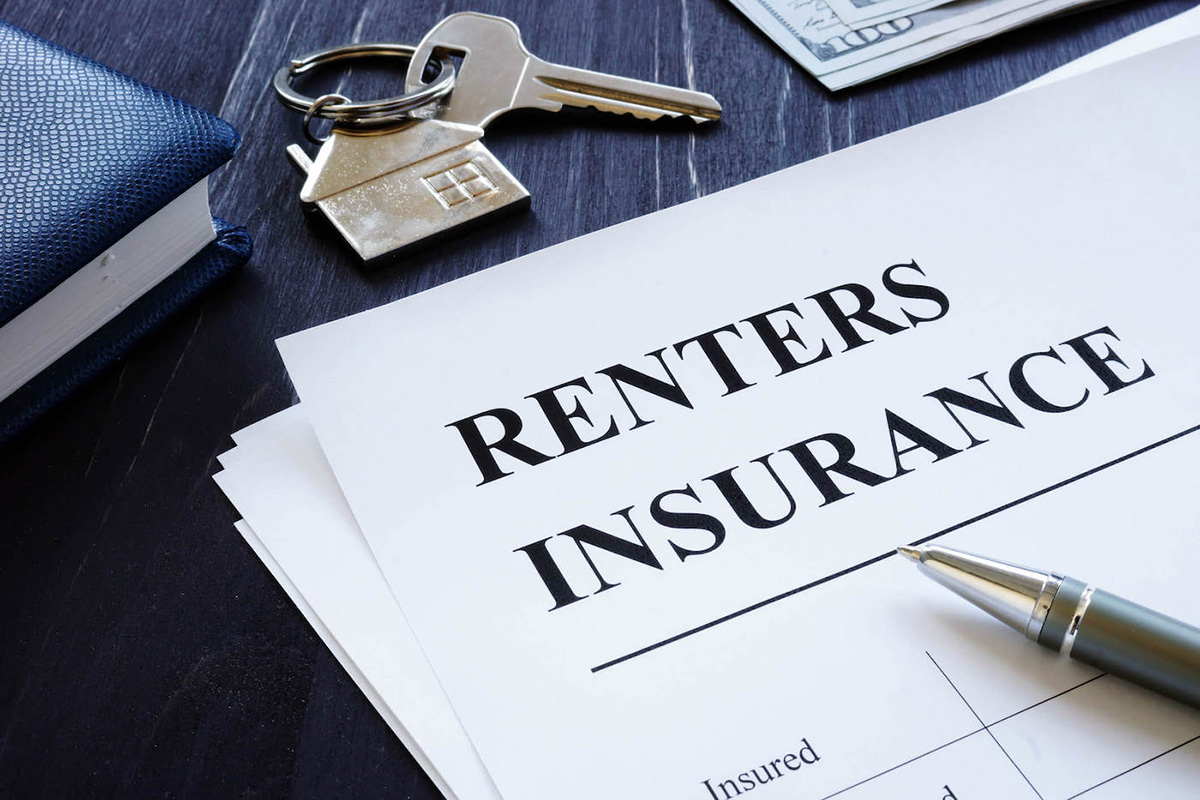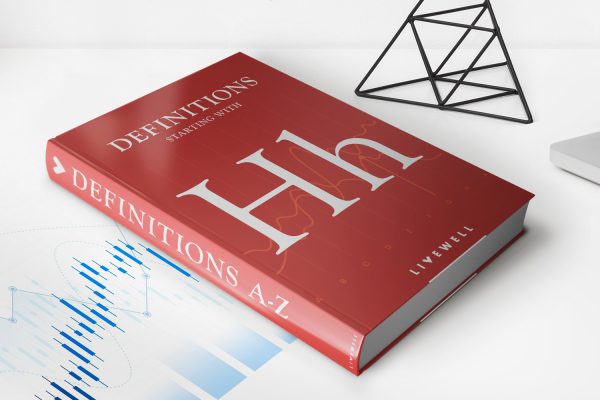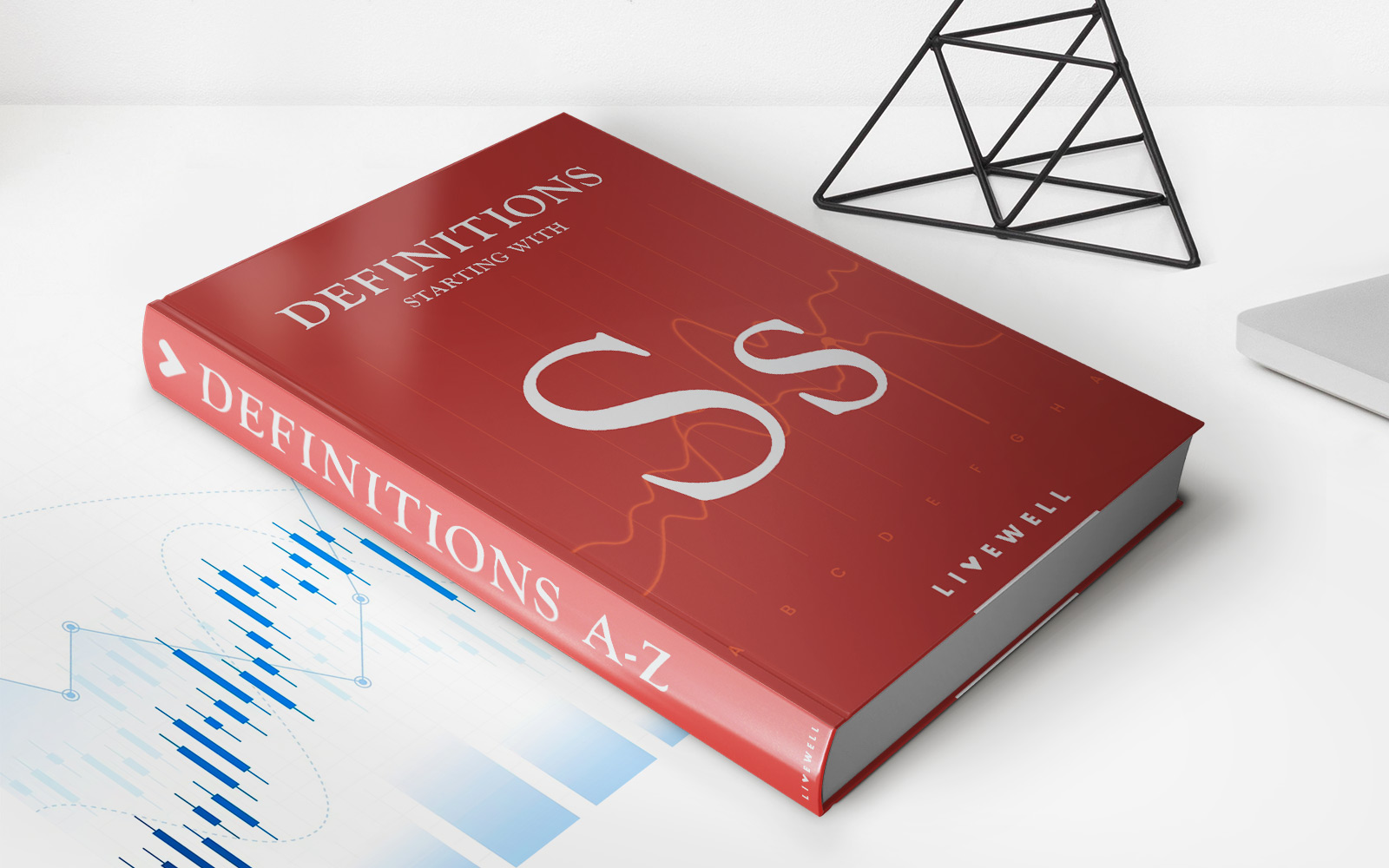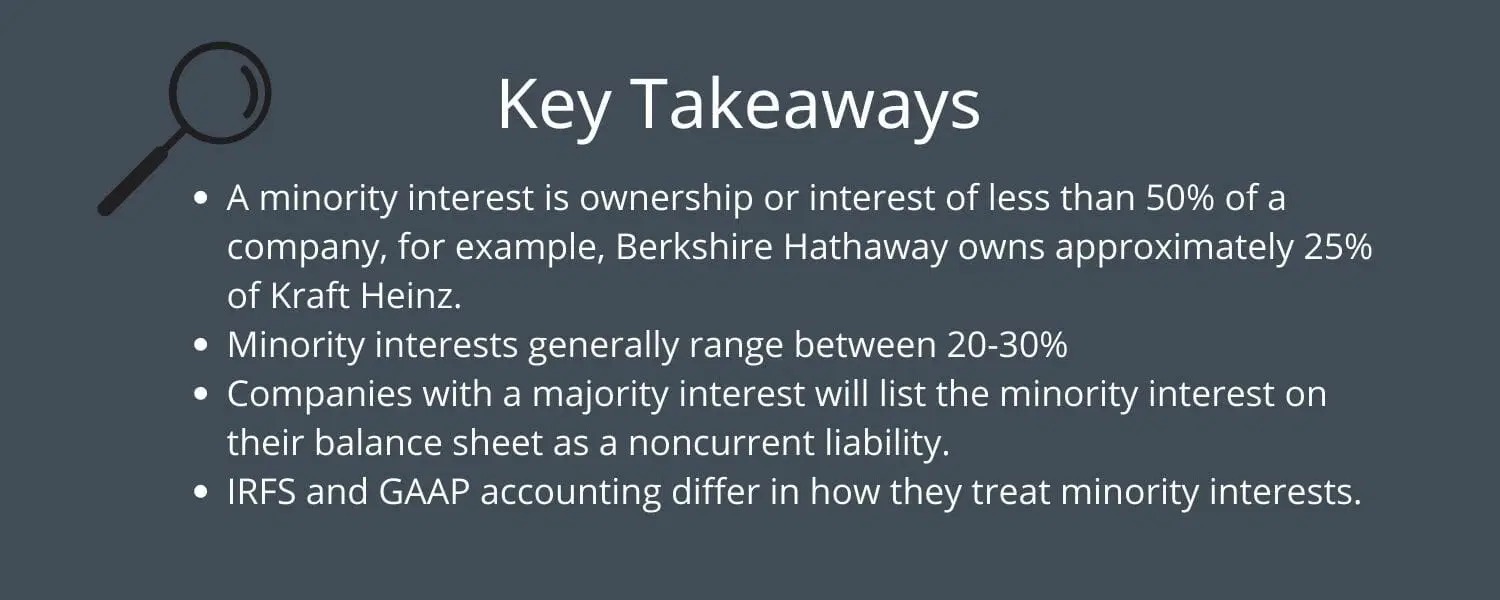

Finance
What Is The Cost Of Avoiding Insurance?
Published: November 14, 2023
Discover the financial consequences of forgoing insurance and learn about the potential costs you may face without proper coverage.
(Many of the links in this article redirect to a specific reviewed product. Your purchase of these products through affiliate links helps to generate commission for LiveWell, at no extra cost. Learn more)
Table of Contents
- Introduction
- Understanding Insurance
- The Importance of Insurance Coverage
- The Consequences of Avoiding Insurance
- Financial Risks of Not Having Insurance
- Legal Risks of Not Having Insurance
- Health Risks of Not Having Insurance
- Real-life Examples of Avoiding Insurance
- Alternative Options to Traditional Insurance
- Conclusion
Introduction
Insurance is a financial safety net that provides protection against unforeseen risks. Whether it’s home insurance, car insurance, health insurance, or any other type of coverage, having insurance is essential for safeguarding your future. However, there are individuals and businesses that choose to avoid insurance due to various reasons, such as cost concerns or a belief that they are not at risk. But what is the true cost of avoiding insurance?
In this article, we will explore the reasons why insurance is important and the potential consequences of opting out of coverage. We will delve into the financial, legal, and health risks that come with avoiding insurance, and provide real-life examples to illustrate the impact of this decision. Additionally, we will discuss alternative options available for those who want some level of protection without traditional insurance policies.
Understanding the cost of avoiding insurance is crucial for individuals and businesses alike. While it may seem tempting to save money in the short term by not paying insurance premiums, the potential long-term costs and risks can far outweigh the initial savings. By gaining insights into the consequences of avoiding insurance, you can make informed decisions about your financial security and protect yourself against unexpected events.
Now, let’s delve deeper into the world of insurance and uncover the true cost of opting out of coverage.
Understanding Insurance
Insurance is a contractual agreement between an individual or entity (the policyholder) and an insurance company. The policyholder pays a premium, either monthly or annually, in exchange for financial protection in the event of certain specified risks or losses. These risks can include damage to property, medical expenses, liability claims, and more.
There are various types of insurance available, each designed to cover different aspects of life. Some common types of insurance include:
- Auto Insurance: Provides coverage for damages and injuries resulting from car accidents.
- Homeowners/Renters Insurance: Protects against damage, theft, and liability related to your home or rental property.
- Health Insurance: Offers financial assistance for medical expenses and treatments.
- Life Insurance: Pays out a sum of money to the beneficiary in the event of the policyholder’s death.
- Business Insurance: Covers risks associated with running a business, such as property damage, liability claims, and business interruption.
The purpose of insurance is to minimize financial loss and provide peace of mind. Instead of bearing the full financial burden of an unexpected event, the policyholder transfers the risk to the insurance company in exchange for a premium payment. Insurance acts as a safety net, offering stability and protection during challenging times.
Insurance companies assess the risk level of each policyholder before offering coverage. Factors such as age, health condition, driving record, and property location are taken into account to determine the premium amount. Policyholders may also have the option to customize their coverage by adding additional features or riders to their policies.
In the next sections, we will explore the importance of insurance coverage and the potential consequences that can arise from avoiding it.
The Importance of Insurance Coverage
Insurance coverage is essential for safeguarding your financial well-being and providing you with a sense of security. Here are some key reasons why having insurance is important:
- Financial Protection: Insurance protects you from significant financial losses in the event of unforeseen circumstances. Whether it’s a car accident, a natural disaster, or a major illness, insurance coverage can help cover the costs associated with repairs, medical expenses, or legal liabilities. Without insurance, these expenses could be overwhelming and potentially lead to financial ruin.
- Risk Mitigation: Life is full of uncertainties. While we cannot predict or prevent every unfortunate event, having insurance can help mitigate the risks involved. By transferring the financial burden to the insurance company, you can focus on recovering and rebuilding your life without the added stress of significant financial losses.
- Peace of Mind: Knowing that you have insurance coverage brings a sense of peace of mind. It provides reassurance that you and your loved ones are protected in case of emergencies or unexpected events. This peace of mind allows you to enjoy life without constantly worrying about potential financial setbacks.
- Legal Requirements: In many instances, insurance coverage is legally mandated. For example, auto insurance is typically required by law in most jurisdictions. Failing to have the necessary insurance coverage can result in penalties, fines, or even legal consequences. By obtaining the required insurance coverage, you not only comply with the law but also protect yourself from potential legal liabilities.
- Access to Better Opportunities: Having insurance coverage can open doors to better opportunities. For instance, when applying for a mortgage or a business loan, lenders often require proof of insurance. Insurance coverage demonstrates your ability to handle financial risks and increases your credibility in the eyes of lenders, potentially improving your chances of securing favorable loan terms.
Insurance coverage is an investment in your future and the well-being of your loved ones. It provides a safety net that offers financial protection, risk mitigation, peace of mind, and access to better opportunities. While insurance premiums may be seen as an additional expense, the benefits and security it offers far outweigh the cost.
In the following sections, we will examine the potential consequences of avoiding insurance and the risks associated with doing so.
The Consequences of Avoiding Insurance
While some individuals may choose to avoid insurance due to cost concerns or a belief that they are not at risk, there are significant consequences that can arise from this decision. By opting out of insurance coverage, you expose yourself to various risks that can have severe financial, legal, and health implications. Let’s explore some of the potential consequences of avoiding insurance:
- Financial Risks: Without insurance coverage, you are responsible for bearing the full financial burden of unexpected events. Whether it’s a car accident, a house fire, or a major medical expense, the costs can be astronomical. Not having insurance can lead to financial hardships, including high medical bills, property repair expenses, or even bankruptcy if you are unable to pay for the damages.
- Legal Risks: Avoiding insurance, especially when it’s legally required, can lead to legal consequences. For example, driving without auto insurance can result in fines, license suspension, or even criminal charges in some jurisdictions. In addition, if someone suffers injuries or property damage due to your negligence, not having liability insurance can leave you personally liable for damages and legal fees.
- Health Risks: Lack of health insurance can have serious consequences for your well-being. Without coverage, you may delay or even forego necessary medical treatments, putting your health at risk. In the event of a medical emergency or chronic illness, the costs of medical care can be overwhelming, leading to a decline in your overall health and quality of life.
- Emotional Stress: Avoiding insurance can also result in significant emotional stress. Dealing with the aftermath of an event without the support of insurance can be overwhelming and time-consuming. The stress of managing the financial and legal aspects on your own can take a toll on your mental well-being and affect your ability to recover effectively.
- Limited Opportunities: Not having insurance coverage can limit your opportunities in various aspects of life. For example, without insurance, you may struggle to find housing as many landlords require renters insurance. Additionally, some employers provide health insurance benefits, and not having coverage may limit your access to certain job opportunities or leave you without essential health benefits.
By avoiding insurance, you jeopardize your financial security, expose yourself to potential legal troubles, compromise your health and well-being, and limit your opportunities in life. It is crucial to understand the consequences of avoiding insurance and weigh them against the potential risks and costs involved.
In the following sections, we will delve deeper into the specific financial, legal, and health risks that come with not having insurance coverage.
Financial Risks of Not Having Insurance
Not having insurance coverage exposes you to significant financial risks that can have long-lasting repercussions. Without the safety net of insurance, unexpected events can lead to substantial financial burdens that can be difficult to overcome. Let’s explore the key financial risks of not having insurance:
- Property Loss: If you own a home or valuable assets, not having homeowners or property insurance can leave you vulnerable to significant financial loss. Without coverage, you would have to bear the full cost of repairs or replacements in the event of damage or theft. Whether it’s a natural disaster, fire, or burglary, the financial burden can be overwhelming, potentially leading to financial strain or even bankruptcy.
- Medical Expenses: Health insurance coverage is crucial in protecting against exorbitant medical expenses. Without health insurance, even routine medical care or minor illnesses can result in substantial bills. In the event of a serious illness or injury, the costs of hospitalizations, surgeries, and ongoing treatments can quickly accumulate, placing a significant financial strain on you and your family.
- Liability Claims: Liability insurance is designed to protect you against claims and lawsuits arising from accidents or incidents where you are held responsible. If you do not have liability coverage, you could be personally liable for damages caused to others, whether it’s a car accident, a slip and fall incident, or damage to someone’s property. Legal fees, settlements, and judgments can be financially devastating without the protection of liability insurance.
- Business Interruption: For entrepreneurs and small business owners, not having the appropriate insurance for your business can lead to significant financial risks. Events such as property damage, lawsuits, or natural disasters can interrupt your business operations and result in lost income and additional expenses. Business interruption insurance provides coverage for these situations, helping to mitigate the financial impact and keep your business afloat.
- Financial Liability: It’s important to consider the financial liability you face when you do not have insurance coverage. In the event of unforeseen circumstances, you may have to rely on personal savings, take on loans, or go into debt to cover the expenses. This can have a lasting impact on your financial stability, inhibit your ability to achieve long-term financial goals, and add unnecessary stress to your life.
Not having insurance coverage leaves you vulnerable to a wide range of financial risks that can have serious consequences for your financial well-being. The costs associated with property damage, medical expenses, liability claims, or business interruptions can be overwhelming without the protection of insurance. It is important to carefully consider the potential financial risks and evaluate the cost-benefit analysis of having appropriate insurance coverage.
In the next section, we will delve into the legal risks that come with not having insurance.
Legal Risks of Not Having Insurance
Not having insurance coverage can expose you to significant legal risks that can have serious consequences for your financial well-being and personal liability. Failure to have the necessary insurance coverage, especially when it is legally mandated, can lead to legal troubles and financial liabilities. Let’s explore the key legal risks of not having insurance:
- Auto Insurance: In many jurisdictions, auto insurance is legally required. Driving without the necessary auto insurance can result in severe penalties, fines, license suspension, or even criminal charges. In the event of an accident, not having insurance can leave you personally liable for damages and injuries to other parties, potentially leading to costly lawsuits and legal fees.
- Liability Claims: Without liability insurance coverage, you become personally responsible for any damages or injuries you may cause to others. For example, if someone slips and falls on your property or you are found at fault in a car accident, not having liability coverage can leave you exposed to lawsuits and significant financial liabilities. Legal fees, settlements, and judgments can have a lasting impact on your personal finances.
- Professional Liability: Professionals in certain fields, such as doctors, lawyers, and architects, often require professional liability insurance. This coverage protects them in case they are accused of professional negligence or errors that result in financial losses for their clients. Not having this insurance can leave professionals exposed to legal claims and financial liabilities that can damage their reputation and jeopardize their careers.
- Employer Responsibility: As an employer, failing to provide the legally required insurance coverage, such as workers’ compensation or employer’s liability insurance, can lead to legal troubles. If an employee is injured on the job or suffers work-related illnesses, not having the necessary coverage can result in lawsuits, fines, and penalties. It is essential to understand and comply with the legal requirements of providing insurance coverage for your employees.
- Contractual Obligations: In some situations, insurance coverage may be a contractual requirement. For example, if you are renting a property, the landlord may require you to have renters insurance. Failure to obtain the necessary coverage can result in breaching the terms of your lease agreement and may lead to eviction or legal consequences.
Not having the appropriate insurance coverage exposes you to legal risks, potential lawsuits, and financial liabilities. Whether it’s failing to comply with legal requirements, not having liability coverage, or not meeting contractual obligations, the legal consequences can be severe. It is essential to evaluate the legal risks involved and ensure that you have adequate insurance coverage to protect yourself from potential legal troubles.
In the following section, we will explore the health risks associated with not having insurance coverage.
Health Risks of Not Having Insurance
Not having health insurance coverage can result in significant health risks and have serious consequences for your well-being. Access to medical care, preventive services, and timely treatment is crucial for maintaining good health. Without insurance, individuals may delay or forgo necessary medical care, leading to potential health complications. Let’s explore the key health risks of not having insurance:
- Limited Access to Healthcare: Health insurance provides access to a network of healthcare providers, specialists, and hospitals. Without insurance, individuals may face difficulties in finding providers who accept uninsured patients, limiting their options for medical care and potentially delaying necessary treatments.
- Delayed or Foregone Medical Care: Not having health insurance can lead to individuals delaying or entirely avoiding necessary medical care. Routine check-ups, preventive screenings, and early intervention for health issues may be neglected, increasing the risk of developing more severe health conditions that could have been prevented or detected early.
- Financial Barriers to Treatment: Medical treatments and services can be costly, especially for chronic conditions or major illnesses. Without insurance coverage, the expenses associated with hospitalizations, surgeries, medications, and specialized treatments can be overwhelming and unaffordable for many individuals, potentially leading to financial hardships.
- Limited Prescription Medication Access: Prescription medications can be vital for managing chronic illnesses and maintaining overall health. Without insurance coverage, the cost of prescription drugs can be prohibitive, leading individuals to skip doses, cut back on medications, or forego treatment altogether, compromising their health and well-being.
- Increased Stress and Health Risks: The stress of not having health insurance and worrying about the financial implications of medical care can have detrimental effects on mental and physical health. Stress-related conditions, such as high blood pressure, anxiety, and depression, can worsen without appropriate medical attention and treatment.
Having health insurance coverage is crucial for maintaining good health and managing healthcare costs. It provides access to a network of healthcare providers, ensures timely medical care, and offers financial protection against the high costs of treatments and medications. Without insurance, individuals face significant health risks and may experience delayed or inadequate medical care.
In the next section, we will provide real-life examples to illustrate the impact of avoiding insurance.
Real-life Examples of Avoiding Insurance
Real-life examples serve as a powerful reminder of the consequences that can arise from avoiding insurance coverage. These stories highlight the financial, legal, and health risks that individuals and businesses may face when they choose to go without insurance. Let’s explore a few poignant examples:
- Example 1: The Homeowner’s Nightmare: A homeowner decides to forgo homeowners insurance, considering it an unnecessary expense. Unfortunately, their house catches fire due to an electrical malfunction. Without insurance coverage, they are left with the burden of paying for the repairs and rebuilding their home from scratch. The financial strain becomes overwhelming, and they struggle to recover from the devastating loss.
- Example 2: The Business Debacle: A small business owner neglects to secure business insurance, believing their business is low-risk and unlikely to encounter any major issues. One day, a customer slips and falls in their store, resulting in a serious injury. The injured customer files a lawsuit, seeking compensation for medical expenses and lost wages. Without liability coverage, the business owner is personally responsible for the legal fees, settlements, and potential damages, putting their business and personal finances at great risk.
- Example 3: The Health Crisis: A young individual, in good health, decides to go without health insurance, believing they rarely need medical care. Unexpectedly, they are diagnosed with a chronic illness that requires ongoing treatment and specialized medications. Without insurance coverage, the costs of doctor visits, medications, and hospitalizations become exorbitant, putting a strain on their finances and causing stress and anxiety as they struggle to afford the necessary care.
- Example 4: The Automobile Accident: A driver chooses to drive without auto insurance, thinking they are a cautious driver and unlikely to be involved in an accident. Unfortunately, they are involved in a serious collision and deemed at fault. Without insurance coverage, they are personally responsible for covering the property damage, medical expenses of the other party involved, and potentially face legal consequences for driving uninsured.
- Example 5: The Professional Liability Nightmare: A self-employed professional neglects to obtain professional liability insurance, assuming their expertise and track record will protect them from any legal claims. However, a dissatisfied client accuses them of negligence, leading to a lawsuit. Without the protection of insurance, the professional faces significant legal fees, potential damages, and reputational damage, putting their career and financial stability at stake.
These examples illustrate the real-life scenarios where individuals or businesses face the consequences of avoiding insurance coverage. The financial burdens, legal troubles, and health crises that result from not having insurance can have life-altering consequences.
The stories serve as a reminder of the importance of insurance coverage in providing the necessary protection and peace of mind in the face of unexpected events. By having the right insurance in place, individuals and businesses can mitigate the risks, protect their financial well-being, and ensure access to the necessary resources in times of need.
In the next section, we will explore alternative options to traditional insurance for those who may find it challenging to secure traditional coverage.
Alternative Options to Traditional Insurance
While traditional insurance policies provide comprehensive coverage, there are alternative options available for individuals and businesses who may find it challenging to secure traditional coverage or want additional protection. Let’s explore some alternative options:
- Self-Insuring: Self-insurance involves setting aside funds to cover potential losses or risks instead of purchasing insurance. This option is commonly used by businesses or individuals with substantial financial resources. However, self-insuring requires careful financial planning and the ability to absorb unexpected losses without significant impact.
- Health Savings Accounts (HSAs): HSAs are tax-advantaged savings accounts specifically designed for medical expenses. They are available to individuals with high-deductible health insurance plans. Contributions to HSAs are tax-deductible, and the funds can be withdrawn tax-free for qualified medical expenses. HSAs provide a way to save for future healthcare costs and can serve as a form of self-insurance for healthcare expenses.
- Captive Insurance: Captive insurance is an alternative risk management strategy where businesses create their own insurance company to provide coverage for their specific risks. This option allows businesses to have more control over their insurance policies and potentially lower costs. However, captive insurance requires significant financial resources, expertise, and regulatory compliance.
- Membership-based Plans: Some organizations offer membership-based plans where individuals or businesses pay a monthly or annual fee to access discounted services or benefits. These plans are not traditional insurance but can provide assistance or discounts for healthcare services, legal services, roadside assistance, or other specific needs.
- Peer-to-peer Insurance: Peer-to-peer insurance models involve a group of individuals pooling their resources to provide coverage for each other’s risks. This alternative option leverages technology and community-based support to provide affordable and personalized insurance solutions, often tailored to specific niches or industries.
It’s important to note that alternative options may not offer the same comprehensive coverage as traditional insurance policies. They may have limitations and require careful evaluation to ensure they meet your specific needs and provide sufficient protection. Consulting with a financial advisor or insurance professional can help navigate the complexities and determine the best alternative option for your situation.
While these alternative options may provide some level of protection, traditional insurance coverage remains the most widely accepted and reliable means of safeguarding against major risks and losses. It is crucial to carefully evaluate the pros and cons of alternative options and ensure they align with your unique circumstances and risk tolerance.
Now, let’s conclude our discussion on the cost of avoiding insurance.
Conclusion
Insurance serves as a vital tool for protecting against the financial, legal, and health risks of unexpected events. Avoiding insurance coverage may seem tempting to save money in the short term, but the potential consequences can be severe and far-reaching. The true cost of avoiding insurance is evident in the financial hardships, legal troubles, and health complications that individuals and businesses may face.
Throughout this article, we have explored the importance of insurance coverage and the potential risks associated with not having it. We have seen how the lack of insurance can result in significant financial losses, leaving individuals burdened with costly repairs, medical expenses, and legal liabilities. Moreover, avoiding insurance can lead to limited access to healthcare, delayed or foregone medical care, and increased stress-related health risks.
Real-life examples have demonstrated the impact that avoiding insurance can have on individuals and businesses. From home fires and auto accidents to liability claims and health crises, the stories highlight the devastating consequences of going without coverage. The financial and emotional toll of these situations can have long-lasting effects on the well-being and stability of individuals and businesses alike.
While traditional insurance policies provide comprehensive coverage, alternative options exist for those who may find it challenging to secure traditional coverage or want additional protection. Self-insuring, health savings accounts, captive insurance, membership-based plans, and peer-to-peer insurance are some of the alternatives that individuals and businesses can consider. However, it is important to assess these options carefully, as they may not offer the same level of coverage and protection as traditional insurance policies.
In conclusion, understanding the cost of avoiding insurance is crucial for making informed decisions about your financial security and protection. The potential risks and consequences of not having insurance far outweigh the initial savings. By obtaining the necessary insurance coverage, you can ensure financial stability, protect yourself from legal troubles, and access the healthcare services that you need. Remember, insurance is an investment in your future and peace of mind.














